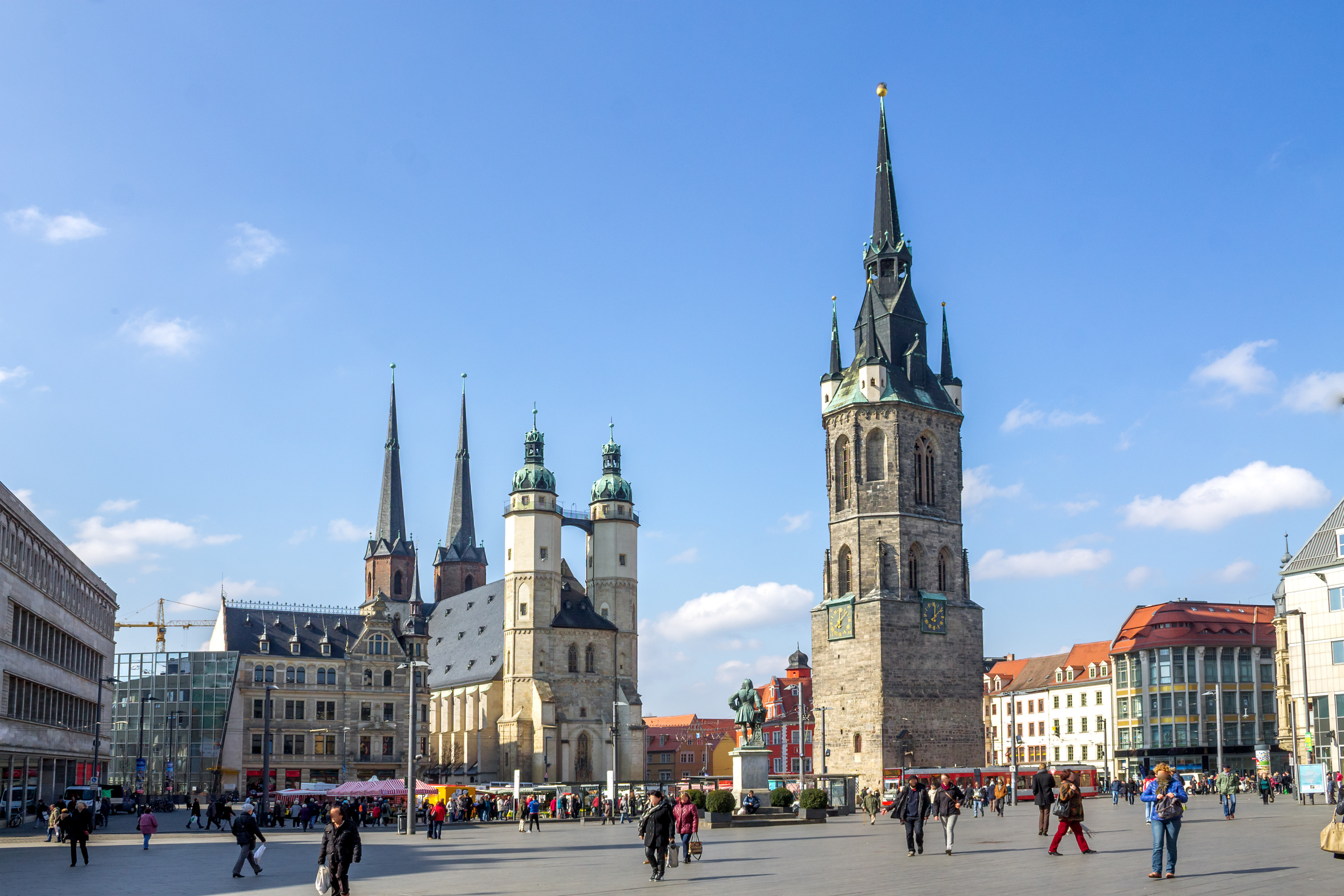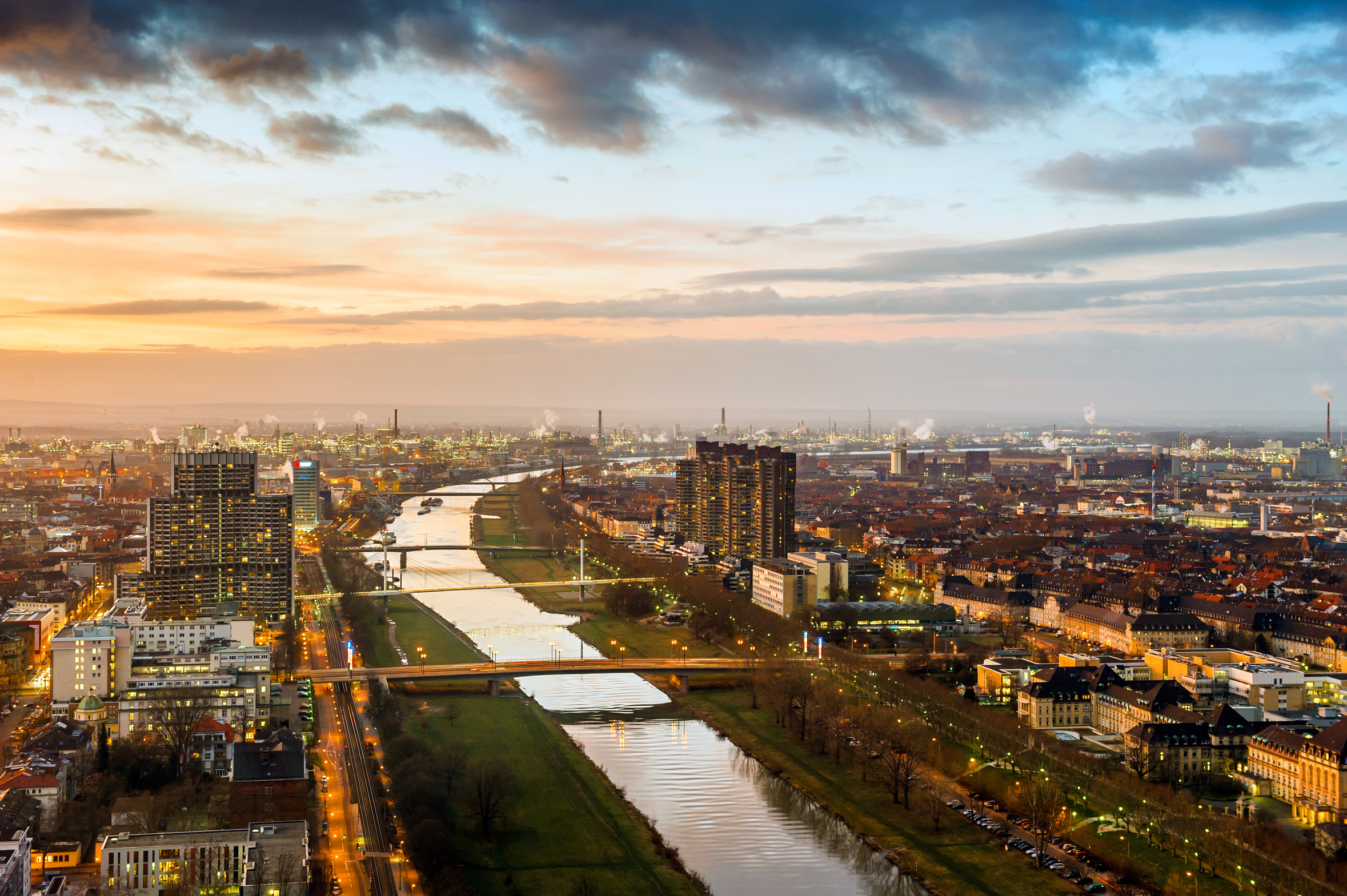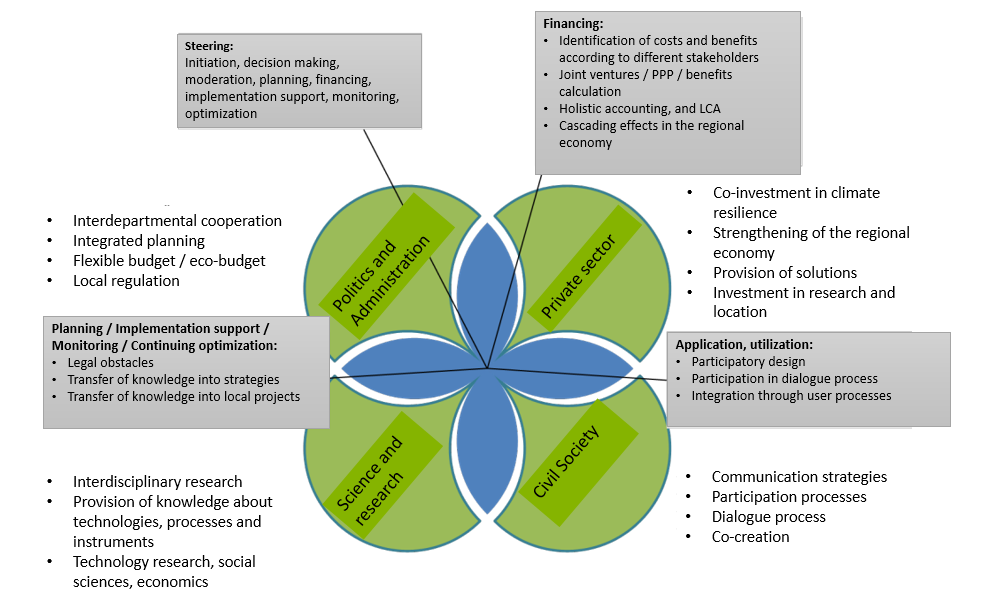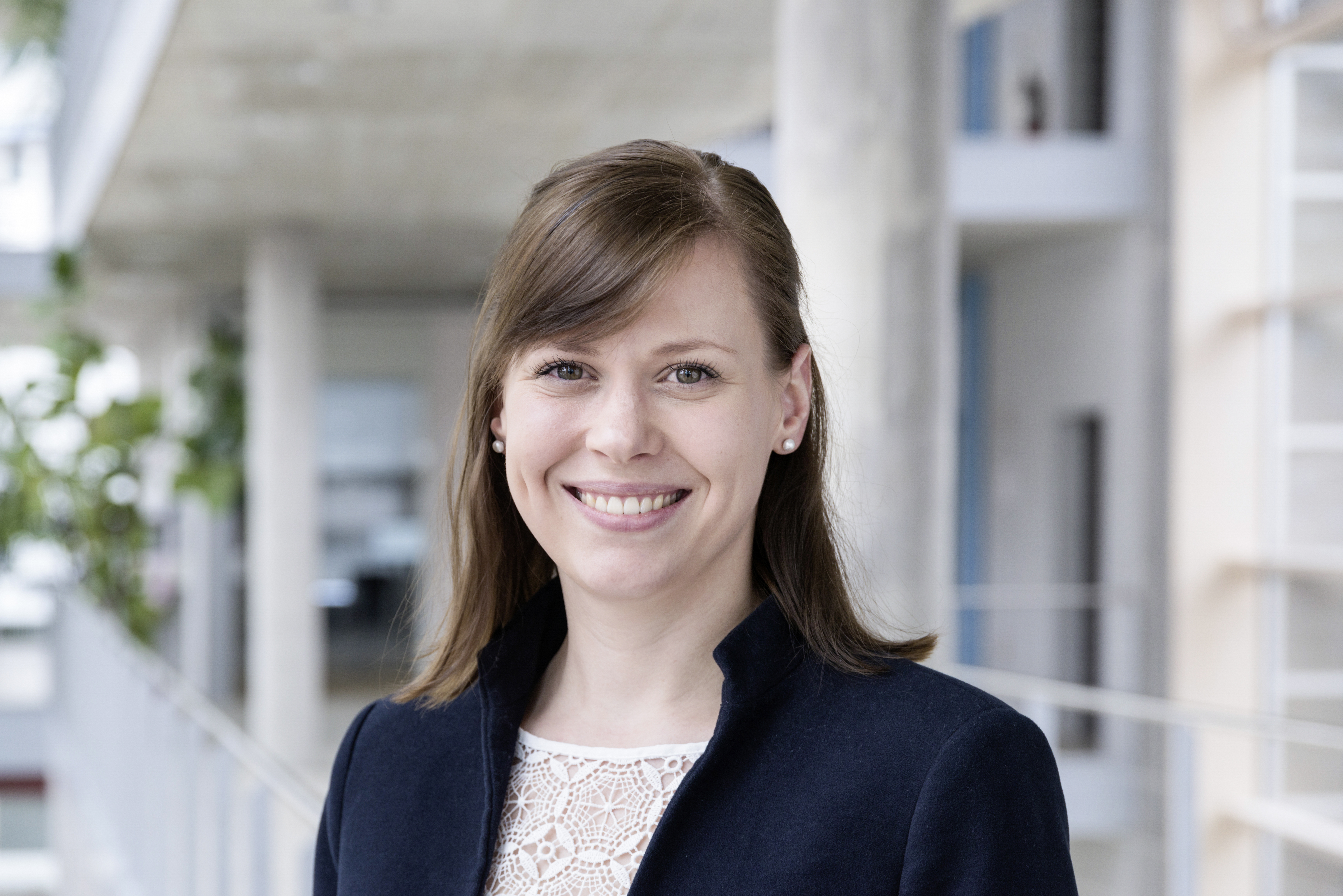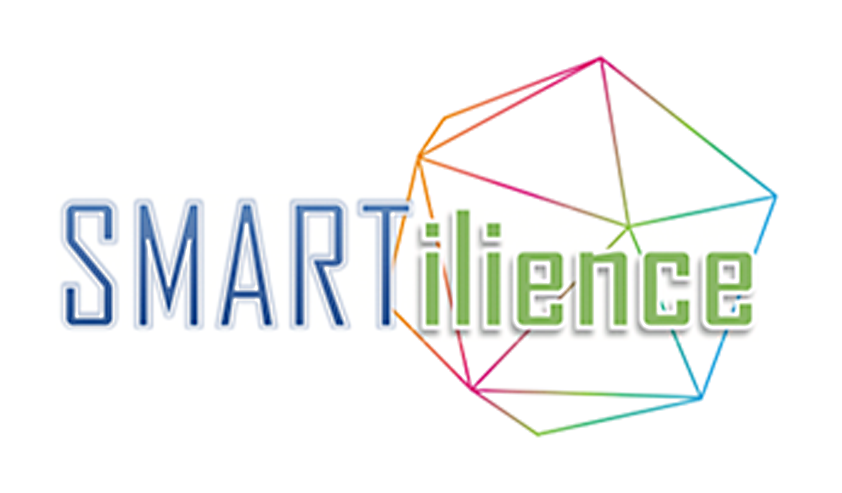
Motivation
While municipal climate protection is now an integral part of strategic development in many German municipalities, the adaptation to climate change is still much less prominent on the municipal policy agenda. Scientists agrees that many negative impacts of climate change will not be able to be prevented at the local level in the medium to long term, and local adaptation strategies are becoming increasingly important. There are, however, still a lack of adequate management approaches that allow municipalities to address climate adaptation as part of a variety of different objectives, to strategically address them and to translate them into intergovernmental action plans. A large number of concepts and tools exist, for example from the Fraunhofer innovation network »Morgenstadt«, which enable a more efficient management of complex urban development processes, but have not yet been applied in the context of climate resilience in cities.
Information about the project
The SMARTilience project aims to design a municipal control model for climate-friendly urban development and to implement it in the two German cities of Halle and Mannheim. Innovative governance formats for an integrated communal management are to be brought together with concrete fields of action for a climate-friendly city (for example investment in ecosystem services and networked technologies) and tested in the form of rebates.
The project begins on 01.05.2017 and the project definition phase runs until 30.04.2018. In November 2017, a research and development application was submitted for the implementation of the model.
